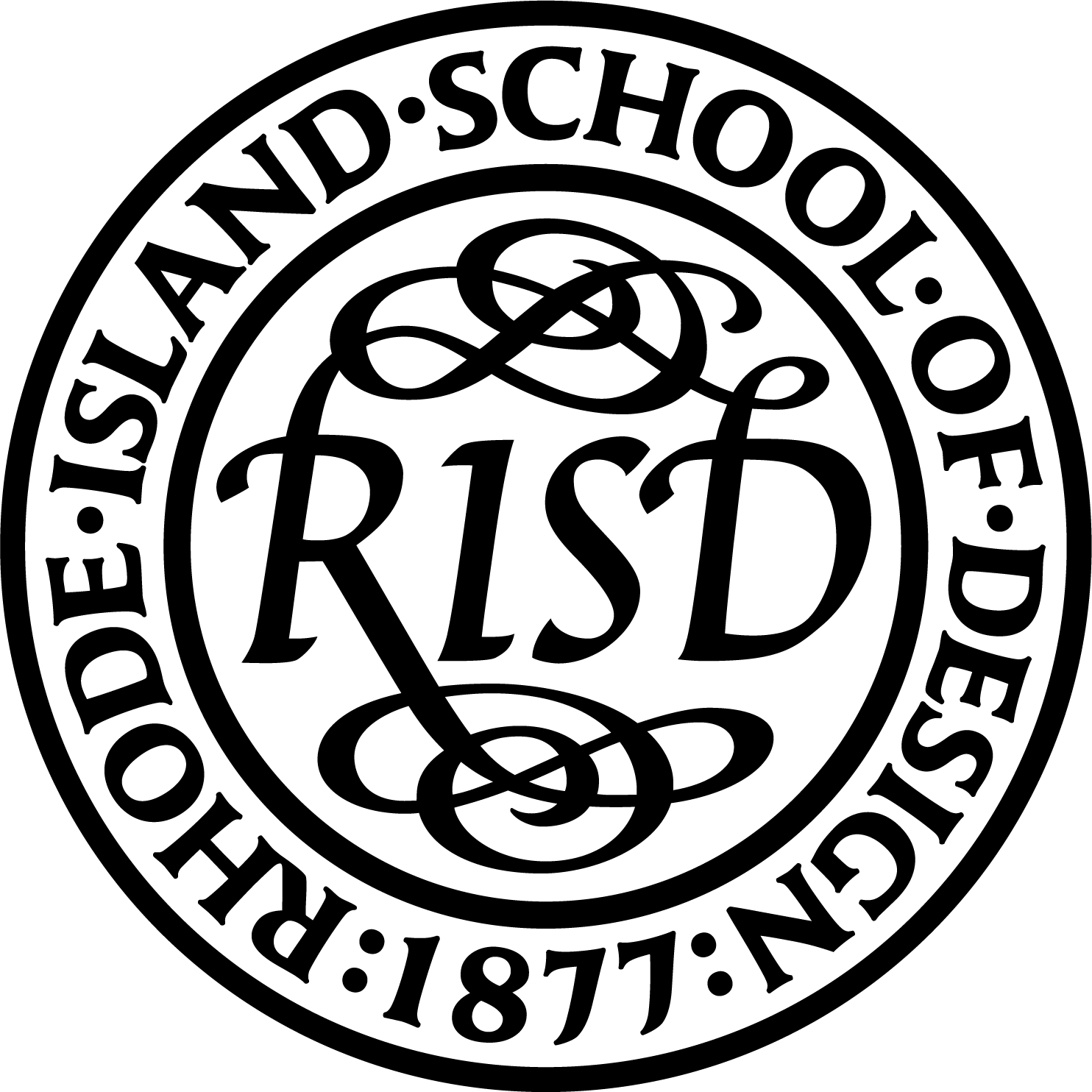The Biocycles Project
︎ Creators:
Annie Chen, Matthew Derry, Avantika Velho
︎ Supervisors: Jennifer Bissonnette & Peter Yeadon
︎ Partner: Biodesign Challenge
The BioCycles Project imagines a circular design system where food waste can be converted into biomaterials for students who make works of art and design at RISD. The system connects members of a broad community, who use shops, studio spaces, dining halls, and community gardens located throughout the School’s urban campus.
RISD is an ecosystem of creative exploration and experimentation, centered upon creators, the materials they use, and the spaces that house them. Our maker community is one that is and always has been closely linked to material exploration, ranging from conventional wood and metal to highly experimental materials. This culture of experimentation drives innovation, and fuels creative experimentation. However, the flip side of our unbridled maker culture here at RISD is that it produces a lot of waste – much of which ends up in landfill.
The Biocycles Project was developed to address this problem – to facilitate the redirection of food waste, while encouraging material-driven innovation and creation within the ecosystem of RISD. The team discovered that RISD Dining donates most of its food waste to an industrial composter and that the materials students use in the studio largely end up in landfills.
︎ Supervisors: Jennifer Bissonnette & Peter Yeadon
︎ Partner: Biodesign Challenge
The BioCycles Project imagines a circular design system where food waste can be converted into biomaterials for students who make works of art and design at RISD. The system connects members of a broad community, who use shops, studio spaces, dining halls, and community gardens located throughout the School’s urban campus.
RISD is an ecosystem of creative exploration and experimentation, centered upon creators, the materials they use, and the spaces that house them. Our maker community is one that is and always has been closely linked to material exploration, ranging from conventional wood and metal to highly experimental materials. This culture of experimentation drives innovation, and fuels creative experimentation. However, the flip side of our unbridled maker culture here at RISD is that it produces a lot of waste – much of which ends up in landfill.
The Biocycles Project was developed to address this problem – to facilitate the redirection of food waste, while encouraging material-driven innovation and creation within the ecosystem of RISD. The team discovered that RISD Dining donates most of its food waste to an industrial composter and that the materials students use in the studio largely end up in landfills.

“Dining halls are a treasure trove of raw materials”
- Annie ChenWith this initiative, the team hopes to turn isolated action into interaction, separation into symbiosis, and individual intention into systemic, sustainable change.
You can read more about the project here, and watch The Biocycles Project being presented at the 2021 Biodesign Challenge, here.
